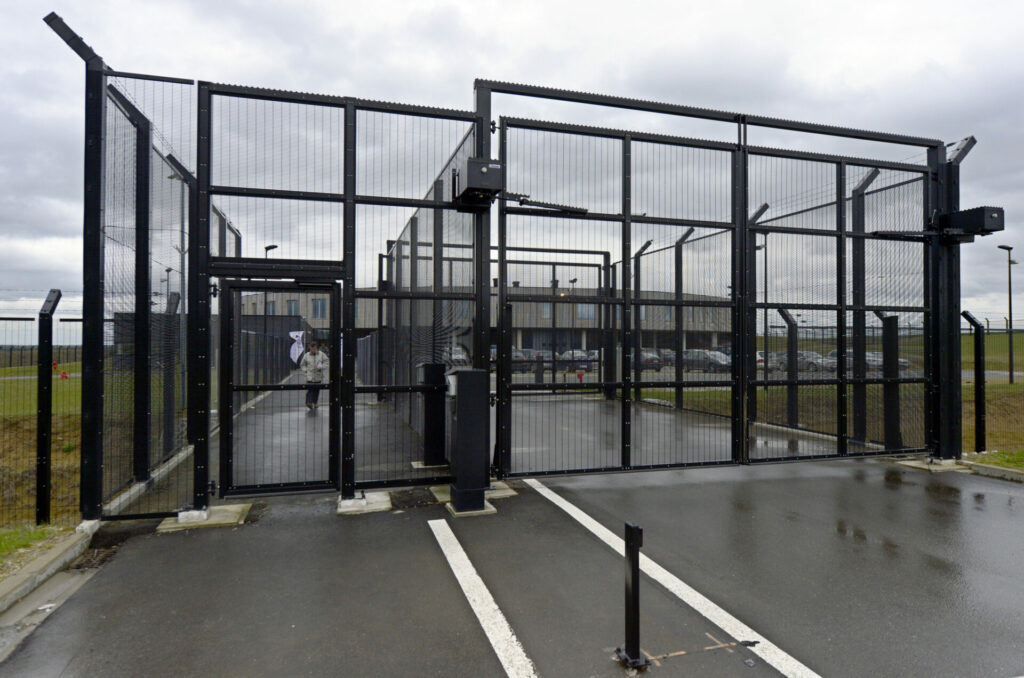The Federal Parliament has approved the creation of a torture prevention mechanism to safeguard the rights of people detained in prisons, detention centres and police stations.
The mechanism will be overseen by the Federal Institute for Human Rights (IFDH) in conjunction with the Central Prison Monitoring Board (CCSP), federal migration centre Myria and 'Committee P' (a police body). The measure is part of Belgium's efforts to comply with international law and will enable the IFDH and its counterparts to visits detainees under federal jurisdiction.
The CCSP, Myria and Committee P will coordinate individual and joint visits to the facilities in question with the aim of producing reports and recommendations for the relevant authorities. These visits may be "unannounced".
As the mechanism is preventative, it will not examine complaints made by detainees. It will rather identify and highlight structural risks of torture, inhumane or degrading treatment.
Human rights violations
Earlier this month, a 41-year-old inmate from Antwerp Prison was taken to hospital with life-threatening injuries after being abused for days by his cellmates. Despite multiple reports of ongoing abuse, chronic staff shortages meant that prison workers were unable to take swift action.
In the wake of the torture incident, Justice Minister Paul Van Tigchelt (Open VLD) reiterated that multiple efforts are underway to tackle and ultimately reduce violence in prisons. This includes the creation of additional space to reduce overcrowding, employing more staff and the creation of more "humane detention" through the replacement of dilapidated buildings.
Elsewhere, human rights violations in Belgium's detention centres are strongly criticised by the small number of organisations permitted inside the walls. Myria has advocated the introduction of independent monitoring bodies for years, warning that the system's impenetrability is grave cause for concern.
In 2021, the body published a report calling for increased transparency at every level: improved public access to documents, clearer instruction to detainees about how to lodge a complaint, annual reports on torture and abuse allegations, and the establishment of an independent monitoring committee that reports to Parliament rather than to a governmental agency.
Rule of law
The creation of the federal torture prevention mechanism is an important step for Belgium in ratifying and implementing the Optional Protocol to the United Nations Convention against Torture and Other Cruel, Inhuman or Degrading Treatment or Punishment (OPCAT). To date, all EU Member States except Belgium and Ireland have ratified the OPCAT.
The Belgian State is under fire internationally for thousands of rule of law violations throughout its handling of the reception crisis. The country has broken international law by failing to welcome international protection applicants and safeguard basic human rights.

